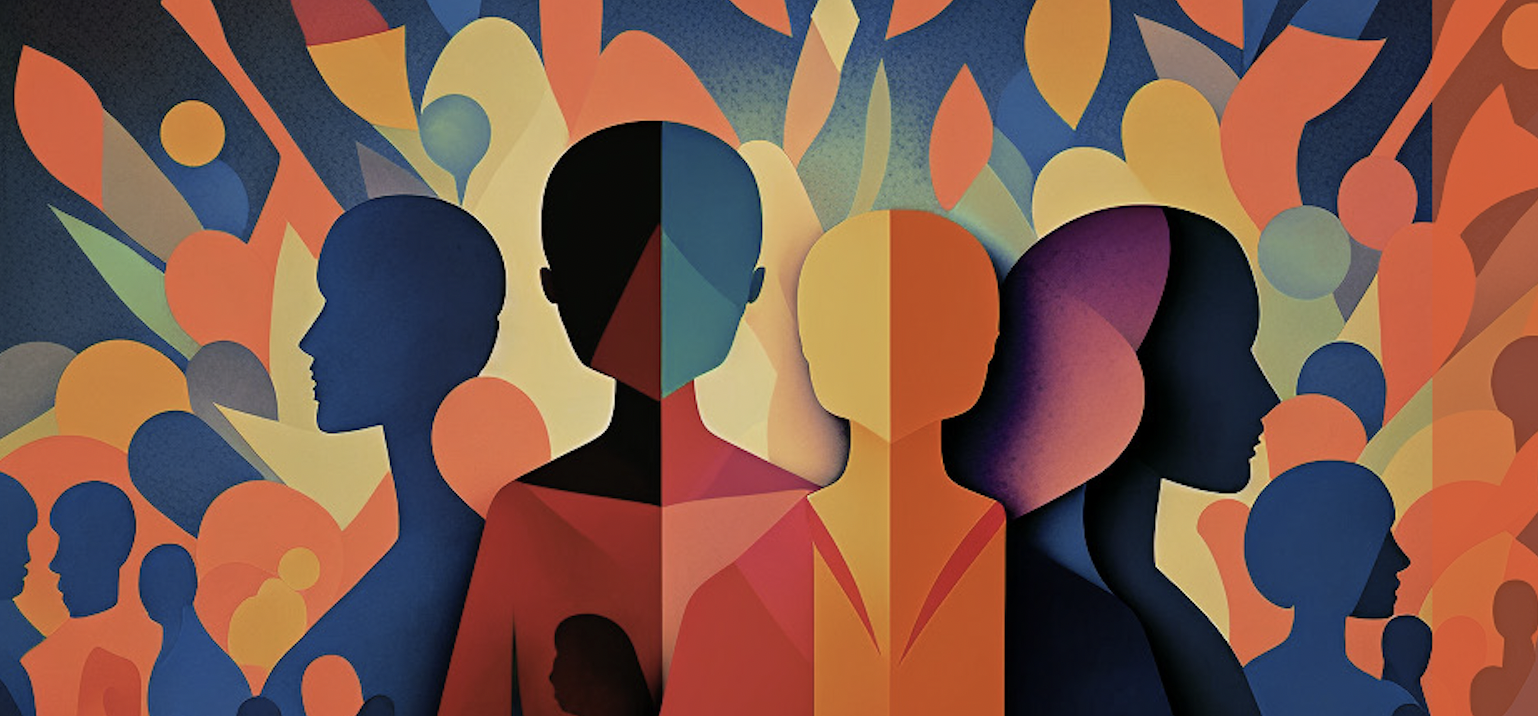Before we can create a more prosperous future, we need to be able to imagine it. This is why, in 2021, Institute for the Future (IFTF) launched the Equitable Enterprise Initiative (EEI), with support from Conrad N. Hilton, John Irvine, Robert Wood Johnson, W. K. Kellogg, and Ford Foundations, to convene a team of scholars, researchers, activists, and futurists. Our goal is to map pathways for a broad national transition to a more equitable and humane economy.

We believe that the current conversations about how to mitigate economic inequality through the labor market have been mistakenly focused on the rise of automation and the need to upskill workers. While automation, offshoring, and technological advancement have shaped jobs and economic life in important ways, comparatively little attention has been paid to the ways that the structure of enterprise itself has exacerbated inequality in the U.S. Our research suggests that addressing economic inequality necessitates fundamental changes to the way business is organized and practiced, and that these reforms require shifts in mindset, in educational practices, and in policy.
One part of this transformation will involve a change in our collective lexicon because language is one of the key ways that people make sense of the world. What we say both describes the world around us as well as constitutes it—our discursive practices have the power to quite literally recreate or rewrite our social realities. As poststructuralist Bronwyn Davies has written, language “limit[s], shape[s], make[s] possible, one kind of a world or another.” And so the ideas that we have access to and the ways we articulate them matter. In fact, some scholars, like James Gee, argue that spoken and written language is a form of social practice and thus has “implications for inherently political things like status, solidarity, the distribution of social goods, and power.” And so when we mundanely talk about the return on investment of a child’s education, or refer to our colleagues as human capital, or praise the ingenuity and work ethic of billionaire celebrities, we use specific frameworks to observe and analyze the world around us that have real consequences for the ways we think about and act in the context of our families, our communities, and our places of work. These frameworks are similar to what sociologist Elizabeth Pop Berman calls styles of reasoning, which are “collections of orienting concepts, ways of thinking about problems, causal assumptions, and approaches to methodology” that determine a great deal about how we respond to both seemingly mundane organizational quandaries and the great challenges of our time.
Consequently, storytelling plays an important role on our path toward a more humane form of economic life. This series of essays will present ideas, arguments, and stories that we hope will provide readers with a different perspective on the world around them and on the institutions with which they interact. The authors each reframe an element of our experience or of our society that we may take for granted and offer readers a different way of thinking and talking about these phenomena. In short, they seek to give readers the opportunity to enter a new register. In linguistic anthropology, registers are ways of speaking that reflect social perspectives, but here we use the term to refer to the lenses through which people view and understand their social worlds. We hope that these essays ignite readers’ imaginations and help them envision organizational and institutional forms that will pave the way toward a more equitable and prosperous future.
We invite you to join us in asking “what if”...